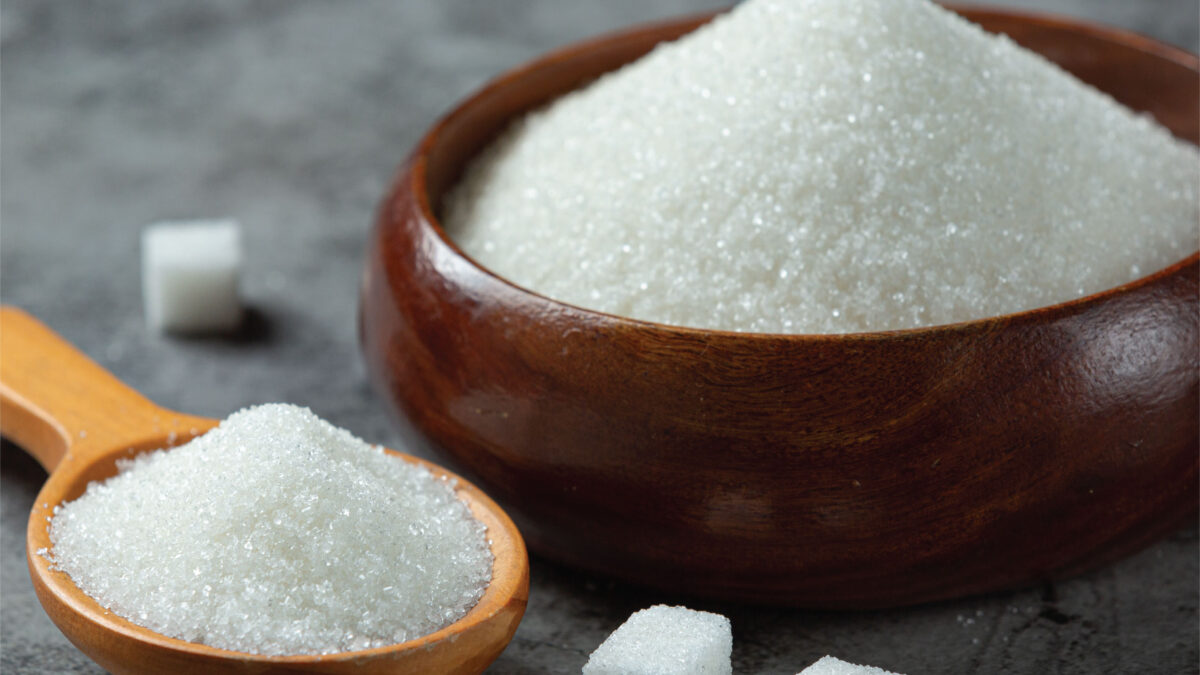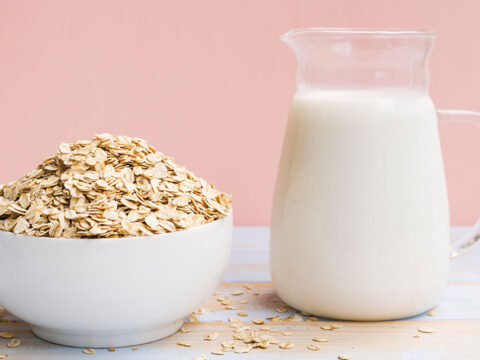
The Importance of Self-Monitoring Blood Pressure When You Have Diabetes
July 11, 2022
The Link Between Fast Food Restaurants & Diabetes
July 11, 2022Until very recently, artificial sweeteners were often touted as the food industry’s answer to sugar restrictions for diabetes patients and for anyone wishing to lower their risk of diabetes. Despite the intense marketing of foods containing artificial sweeteners as healthy, there is a growing body of evidence showing that such claims are deceptive. In fact, not only are such foods not safe for diabetes, but they may even increase the risk of diabetes in others.
What Are Artificial Sweeteners?
In the context of research, sweeteners can refer to any non-nutritive ingredients that only add sweetness to foods, but are not a source of energy or nutrition as such. These can include both synthetic ingredients, as well as chemicals that are refined from plants.
Commonly used artificial sweeteners that are made from synthetic chemicals include sucralose, saccharin, and aspartame. Artificial sweeteners that are made from plant-based chemicals include xylitol and stevia.
Artificial sweeteners are widely used as an alternative to sugar in an effort to fight the obesity epidemic and to manage diabetes. However, research now shows that they may actually be fuelling the health crisis.
Artificial Sweeteners, Diabetes & Obesity

Experts have long been warning about the lack of adequate research on the safety of artificial sweeteners, with many studies even suggesting that consumption of such food products can pose a serious health threat. One such study that appeared in the Journal of Pharmacology & Pharmacotherapeutics, warned that there is already convincing data to show that artificial sweeteners can contribute to weight gain and may also increase the risk of brain tumours and bladder cancer, among other cancers. This was back in 2011.
Since then, there has been a lot more research and more evidence indicating that high consumption of artificial sweeteners can be linked to a variety of conditions. A longitudinal cohort study from 2017 linked artificial sweetener consumption to an increased risk of high blood pressure, stroke, and heart disease.
However, there has been no consensus so far, with some studies suggesting that artificial sweeteners may lower the risk. It could also be pointed out that connections drawn from observational studies might be explained by the concept of reverse causation. This means that individuals could be increasing their intake of artificial sweeteners to compensate for other unhealthy diet and lifestyle choices that increase their risk of obesity and diabetes. So, artificial sweeteners may not be the cause itself, but it could simply be the dietary and lifestyle choices that are to blame.
With evidence from more recent studies, this counter-argument is moot. Research that appeared in the journal Nature, provides clear evidence that also explains the mechanism by which artificial sweeteners work to adversely affect health. The study found that any form of intake of artificial sweeteners such as aspartame and saccharin contributed to glucose intolerance, which is associated with both obesity and type-2 diabetes. Although the artificial sweeteners contain no sugar or calories, they cause changes in the gut microbiome, which interferes with your body’s ability to regulate blood glucose levels.
So, the best course of action would be to avoid artificial sweeteners and any food or beverages that contain them. If something seems to sweet to be true, it probably is.




